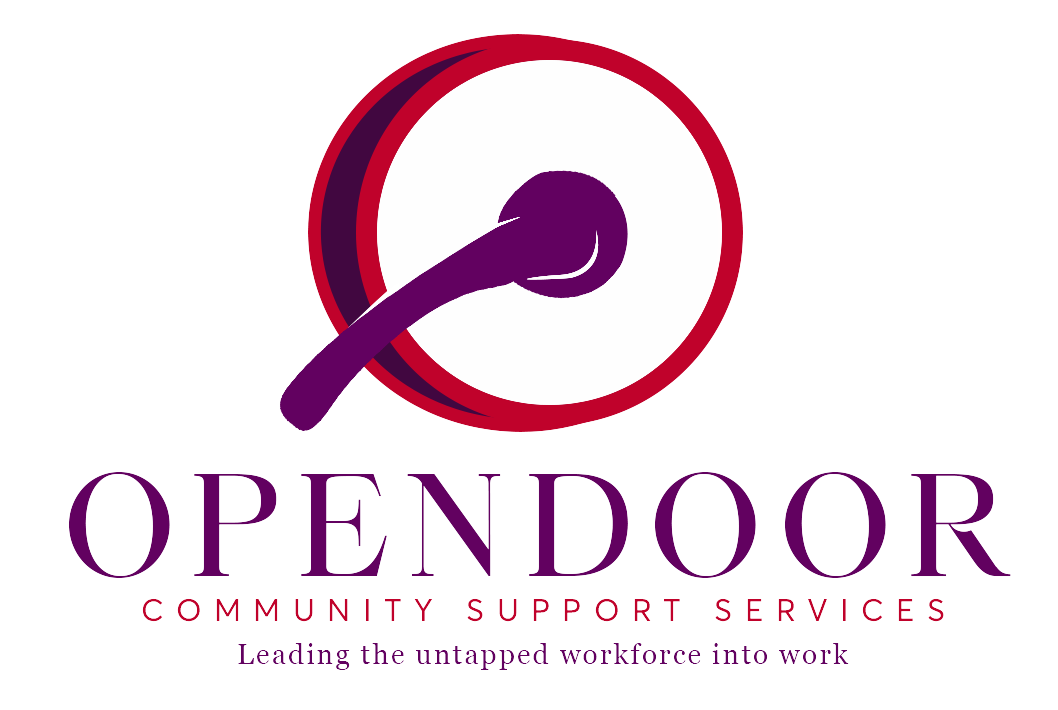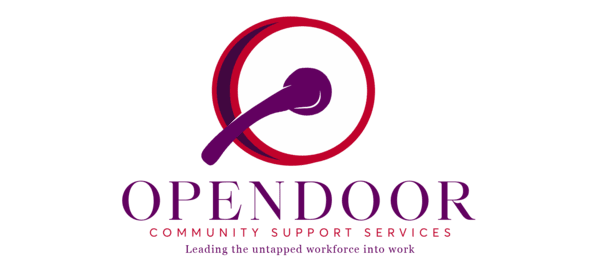
VOLUNTEER SERVICES
OCSS creates volunteer programs that enable individuals to explore job trials opportunities for the involvement in volunteer activities within the community. The goal of such a program is to ensure that individuals with developmental disabilities can contribute to their community through meaningful volunteer work while receiving necessary support and accommodations.
implementing well-defined person-centered services create a supportive and inclusive environment that allows individuals with developmental disabilities to actively participate and contribute to their communities through volunteerism.
Here are key components associated with a volunteer policy for individuals with developmental disabilities:
Inclusive Participation
Emphasizes the principle of inclusive participation, promoting the involvement of job seekers in a variety of volunteer opportunities based on their interests, skills, and preferences.
Person-Centered Planning
Individualized planning is a key aspect of the policy, focusing on the unique strengths, goals, and needs of each volunteer. This involves collaborating with the individual, their support team, and relevant stakeholders.
Volunteer Placement Process
This outlines a structured volunteer placement process, including procedures for identifying suitable volunteer roles, matching individuals with appropriate opportunities, and ensuring a smooth onboarding process.
Training and Support
OCSS Volunteer program stresses the importance of providing adequate training and ongoing support to job seekers. This support may include orientation sessions, job-specific training, and assistance in adapting to new environments.
Accommodations and Accessibility
This involves addressing the need for accommodation and accessibility, ensuring that volunteer activities are accessible to individuals with developmental disabilities. This may involve modifying tasks, providing assistive technology, or adapting to the physical environment.
Communication and Advocacy
Volunteer services provides open communication between volunteers, volunteer coordinators, and support staff. It also emphasizes the importance of advocacy to address any concerns or barriers that may arise during the volunteer experience.
Health and Safety
Volunteer program include provisions for the health and safety of individuals with developmental disabilities during volunteer activities. This may involve risk assessments, safety training, and the development of emergency procedures.
Volunteer Rights and Responsibilities
Clear guidelines regarding the rights and responsibilities of volunteers are outlined in the policy. This includes expectations related to attendance, behavior, and adherence to the organization’s code of conduct.
Confidentiality and Privacy
OCSS volunteer policy emphasizes the importance of maintaining confidentiality and respecting the privacy of individuals with developmental disabilities. This includes handling personal information with care and ensuring that volunteers are aware of confidentiality expectations.
Recognition and Appreciation
OCSS highlights the importance of recognizing and appreciating the contributions of individuals with developmental disabilities as volunteers. This may involve acknowledgment ceremonies, certificates of appreciation, or other forms of recognition.
Feedback and Evaluation
Regular feedback and evaluation mechanisms are built into the policy to assess the volunteer experience. This includes opportunities for volunteers to provide feedback on their roles and for coordinators to evaluate the effectiveness of support services.






